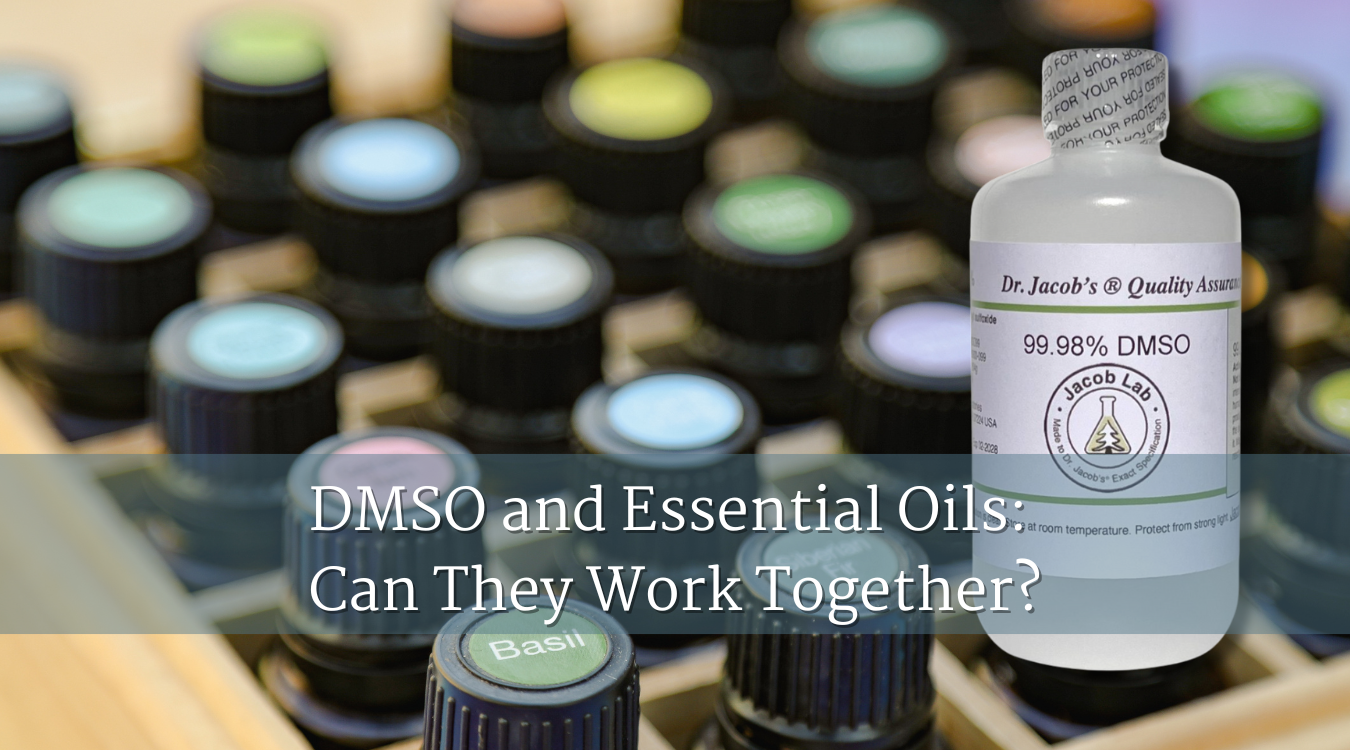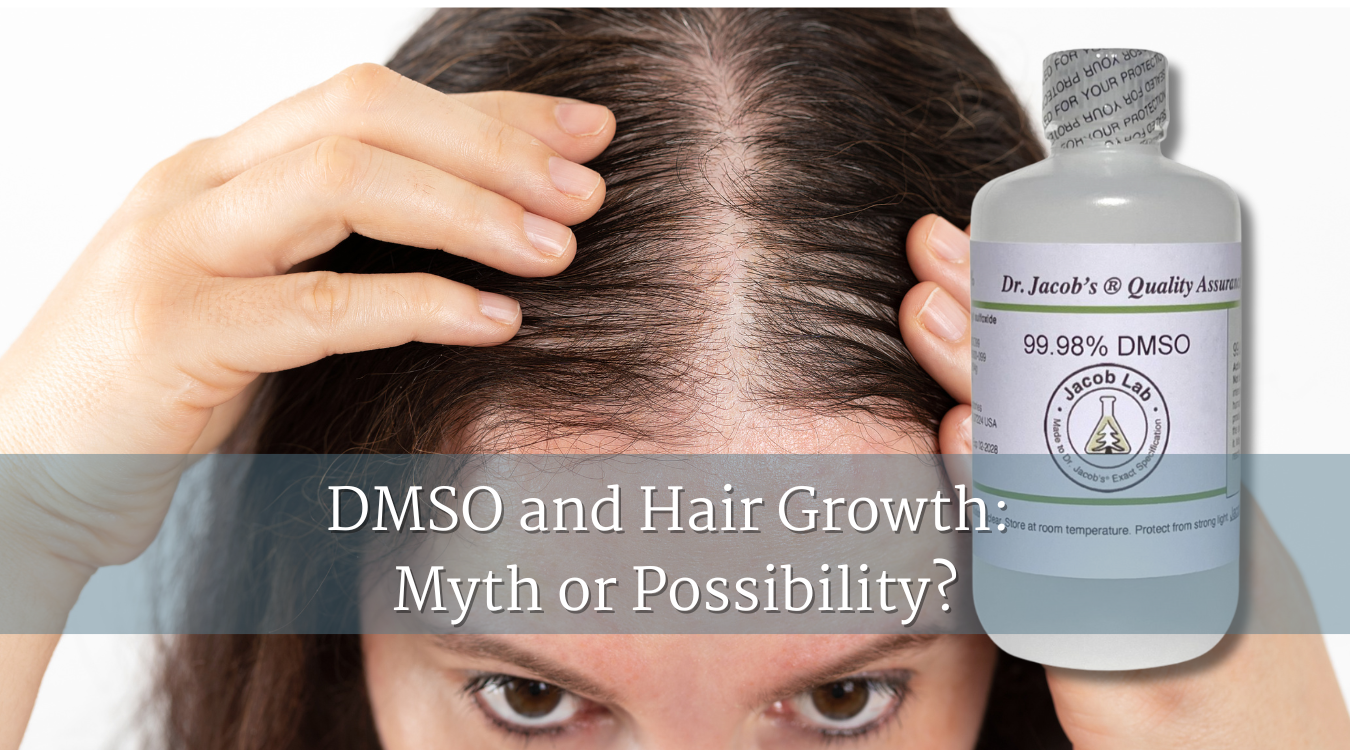
Exploring Synergy and Safety in Natural Healing
Essential oils have long been used for soothing sore muscles, easing stress, and supporting overall wellness. DMSO (dimethyl sulfoxide), meanwhile, is valued for its deep penetration into tissues and its ability to reduce inflammation. It’s no surprise that some people ask: can these two be combined for even greater effect?
🔬 What Science Says
Dermatologists caution that while DMSO can drive other substances through the skin barrier, this also means it can carry unwanted or unsafe chemicals directly into the bloodstream. Essential oils are highly concentrated plant extracts — some can soothe, but others may irritate or even cause toxicity if absorbed too deeply.
In other words, mixing DMSO with essential oils isn’t automatically safe. It depends on the oil, the dilution, and the purpose.
🌿 Nutritionist’s View
A nutritionist might point out that skin inflammation and joint pain are influenced by diet as much as what you put on the skin. Omega-3 fatty acids, antioxidants, and anti-inflammatory foods create an internal foundation for healing. Topical blends can help locally, but internal nutrition remains essential.
🌀 TCM Perspective
From a Traditional Chinese Medicine (TCM) perspective, essential oils are considered to carry the energetic properties of their source plants. Peppermint cools heat, ginger warms cold stagnation, and lavender calms the spirit. DMSO, with its penetrative qualities, could be imagined as helping these plant essences reach deeper into the channels.
But, as with Western science, TCM would emphasise moderation and careful choice — not all oils are appropriate for all people.
🔍 Comparison Table: Essential Oils with DMSO
| Essential Oil | Traditional Use | Possible DMSO Blend Benefit | Safety Notes |
|---|---|---|---|
| Lavender | Calming, anti-inflammatory | May soothe skin and ease tension | Generally safe diluted, but patch test first |
| Peppermint | Cooling, muscle relief | Could help reduce joint discomfort | Strong oil — risk of irritation if absorbed too deeply |
| Ginger | Warming, circulation support | May aid stiff or cold joints | Can irritate sensitive skin — dilute well |
| Tea Tree | Antimicrobial, skin healing | Might support wound care | Risk of allergic reaction; not for everyone |
| Eucalyptus | Respiratory, anti-inflammatory | May ease sore muscles | Can be harsh in high doses — extra caution needed |




 Candida and Hot Flashes: Is There a Link?
Candida and Hot Flashes: Is There a Link?
 DMSO and Hair Growth: Myth or Possibility?
DMSO and Hair Growth: Myth or Possibility?














